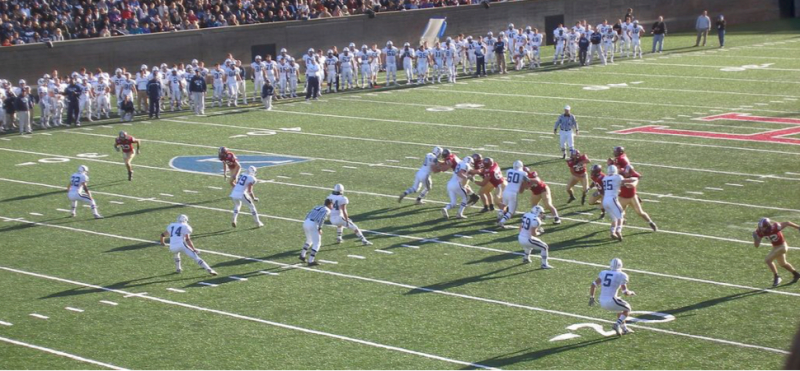Harvard is known for being one of the most prestigious schools in North America, but recently it’s been making a name for itself by reinforcing its athletics attendance. According to a recently published piece, Harvard athletics has seen a 10 percent increase in average attendance over the past five years, and attendance for specific games has increased by 30.4% since the 2011-2012 season, from 1,415 to 1,845 fans per game. It’s been a slow climb to get to this point, but the driving force behind it has been simple: Give the people what they want.
Matthew Crawford is the ticket operations associate for Harvard, and he’s been working on improving attendance for the past two years along with a team of dedicated professionals. Matthew’s success is rooted in providing fans with the right offer at the right time, but he explained to us three specific ways that AudienceView helped equip his team with the tools they needed to get the job done.
1. Put Fans in the Driver’s Seat
If you wanted to see a Harvard athletics game in the past, you had to hope that the seats you got were the ones you wanted. “When fans would buy on the website, we used to just seat them in the best available section,” says Crawford. “They didn’t have an opportunity to click on the section and pick which seat they want.” By providing this small change, fans were able to take more control over their experience, and came to more games as a result.
2. Give Engaged Fans More Value
Marketing efforts from Harvard have been able to become even more targeted now that there’s more data being collected to study. “We’ve shifted and become more targeted with our marketing efforts. People who are coming out to football games, we make sure they get all the relevant football news.” These small changes in the way you talk to fans will lead to them feeling more valued, which in turn will create a stronger bond between the team and them.
3. Take Their Advice
Matthew and his team implemented surveys that were given to fans at three points throughout the regular season. In addition to finding out what fans thought about the customer service and the amenities, it allowed fans to interact with the team by making some suggestions. “Some of the feedback was that they wanted healthier food options in the concessions. That’s something that could potentially be good information going forward,” says Crawford.
